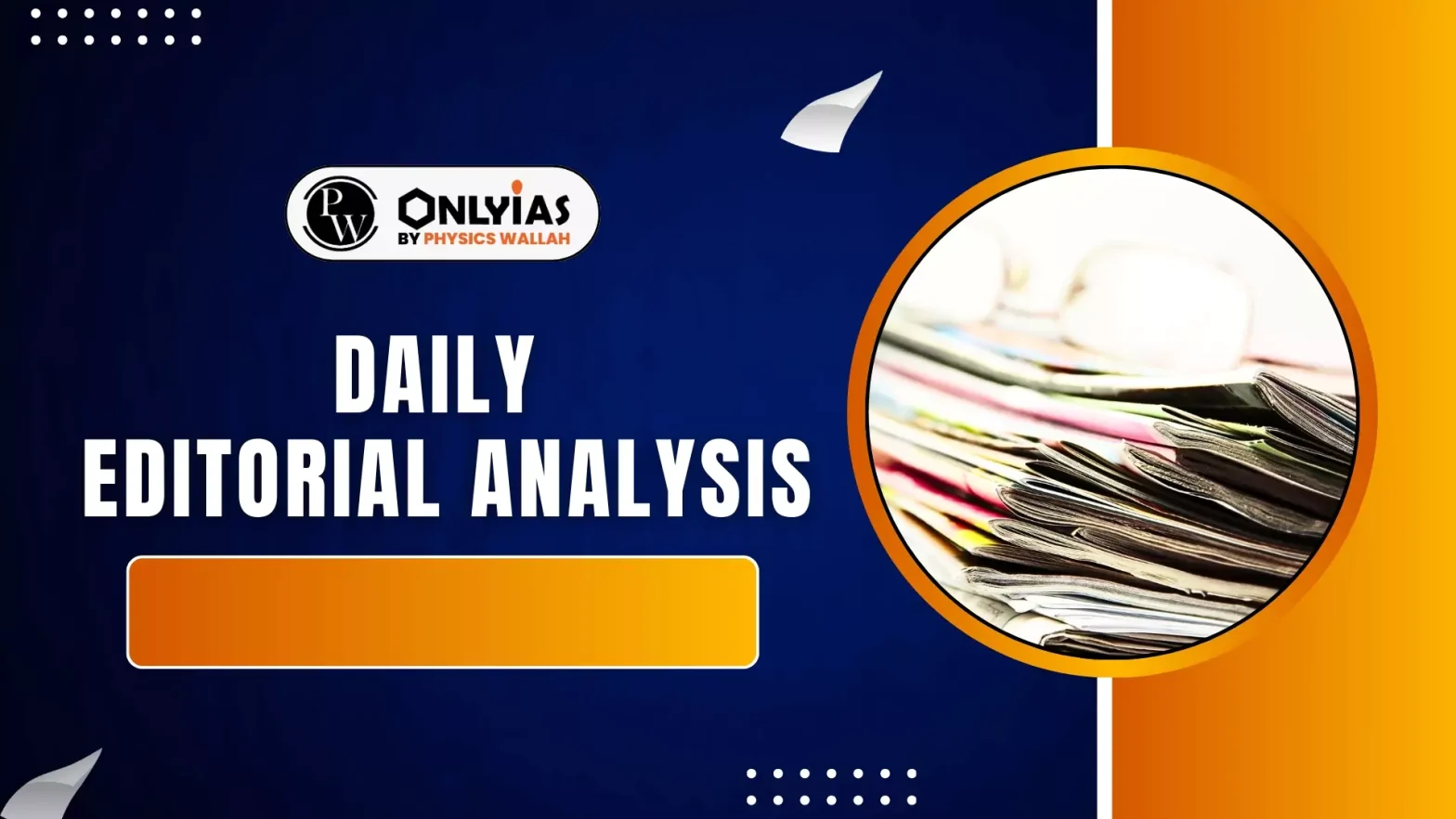To achieve the vision of Viksit Bharat @ 2047, India must eliminate corruption, as no nation can become developed if its governance systems remain compromised by bribery, inefficiency, and leakages.
Significance of a Clean System
- Enables Development: A developed nation functions through transparent systems that work for the people, not against them.
- Corruption Blocks Economic Growth: Persistent corruption directly slows economic progress, whereas developed countries succeed because corruption levels are low.
- Example of Singapore Model: Singapore’s zero-tolerance approach under Lee Kuan Yew demonstrates that clean governance is the real driver of rapid development and efficiency.
Types of Corruption
- Petty/Retail Corruption: Small-scale bribery where citizens are forced to pay money for routine government services that should be free or low-cost.
- Grand Corruption: High-level abuse of power by senior officials involving large sums of money and manipulation of laws, policies, or justice systems.
- Business/Commercial Corruption: Bribes or illegal payments demanded by officials from businesses to clear approvals, permits, or shipments, affecting ease of doing business.
Economic Consequences of Corruption
- Loss of Investments: Investors avoid corrupt systems because they increase operational risks and costs. Domestic businesses withdraw or shut down due to the bribe culture.
- Job Loss: Capital that could create jobs gets diverted as bribes, slowing economic expansion.
- Increases Income Inequality: Corruption benefits a few, while the masses suffer.
- Poor Public Infrastructure and Service Delivery: Contractors reduce material quality to recover bribe money paid to officials.
- Leakage of Welfare Funds: Subsidies and pensions do not reach the poor — as highlighted that only 15 paise of every ₹1 reaches the beneficiary.
India’s Position in Global Corruption Indices
- Transparency International – Corruption Perception Index: India scores 38/100 on the Corruption Perception Index (rank 96/180), placing it in the “high corruption” category, with no improvement since 2014.
- World Bank – Control of Corruption Index: India scores 42/100 (Rank 108/193), indicating weak institutional control over corruption and poor effectiveness of accountability mechanisms.
Grease-the-Wheels Theory
- Grease-the-Wheels Theory: Some argue that small bribes act as “lubricants” to speed up slow bureaucratic processes and help move files faster in a system burdened by red tape.
- Reality: Evidence shows that corruption systematically slows processes, increases costs, and weakens institutions, creating delays by design so officials can extract bribes.
Measures to Eliminate Corruption
- Combat Red Tapism: There is a need to simplify rules, cut down No Objection Certificates (NOCs), and eliminate file rejections based on trivial technicalities.
- Ensure Accountability: Governments must curb excessive service protection and enforce strict accountability through measures like mandatory public asset disclosure and PAN-linked income tracking to enhance transparency and curb corruption.
- Reform Legal System: Establish fast-track courts to ensure that corruption cases are resolved quickly. Delayed punishment removes deterrence, as officials retire before judgment.
Conclusion
To realise the vision of Viksit Bharat @2047, India must build a zero-tolerance ecosystem against corruption. Clean governance, swift accountability, and transparent institutions are essential to ensure efficient service delivery, equitable growth, and public trust in the system.
![]() 4 Nov 2025
4 Nov 2025

